Usually when we feature a historic figure in these pages, it marks some important ocassion related to that person - such as a birth anniversary or a memorial day. Today, without waiting for any such special occassion, we run an article on Senapati Bapat below. And the reason is equally special.
Just three days ago when we ran a feature on Professor G. P. Pradhan, to mark his 10th memorial day, the first feedback comment was from Prof Harshwardhan Kadepurkar. In which, he referred to an article, penned by Prof Pradhan. So, we asked Prof Kadepurkar to send that article and he responded with our request promptly. Now, we encourage our readers to ideally first read Prof Kadepurkar's comment (link provided at the end of this article), and then read Prof Pradhan's article on Senapati Bapat. If not comfortable with this suggestion , you may read this article and then go to that comment.
- Editor.
On May 18, 1955, the first batch of Satyagrahis entered Goa, which was then under the Portuguese rule. The Portuguese Government had the information that among the Satyagrahis was a General- a Senapati. The news rather unnerved the Portuguese authorities and, therefore, armed soldiers were posted to guard the place where Satyagrahis were likely to cross the Goa border.
The Satyagrahis were non-violent and peaceful but the Portuguese soldiers ruthlessly attacked them. Monteire, the officer leading the Portuguese assault, asked, "Where is the General?" and when Senapati Bapat fearlessly stepped forward, he was amazed to find an old man of seventy-five, shortish in stature, Khaddar clad with a smile on his face and a sly twinkle in his myopic eyes.
Monteire lost his temper and gave severe blows to Senapati Bapat with his baton and knocked him down. The old man faced the attack bravely. Later on when he came back to India he chatted with friends in his usual pleasant manner and remarked, The Portuguese officers thought that some general was invading them and were disappointed to find me as the Senapati.
However, people in Maharashtra always affectionately called Shri Pandurang Mahadev Bupat, ‘the Senapati’, since he led the first mass Satyagraha in Maharashtra in 1921 in Mulshi in Pune district. In this satyagraha he had championed the cause of the farmers whose land was taken over for constructing the Mulshi dam by the Tata Company.
However, this was not the first struggle in the life of Shri Bapat. He had taken the vow to dedicate his life to his motherland and fight for her freedom in 1902 when he was a student in the Deccan College, Pune.
Born on November 12, 1880, in a poor family of priests at Parner in Ahmednagar District he had his high school education in Pune and Ahmednagar. He won distinction at the matriculation examination and won the coveted Jagannath Shankarshet Scholarship.
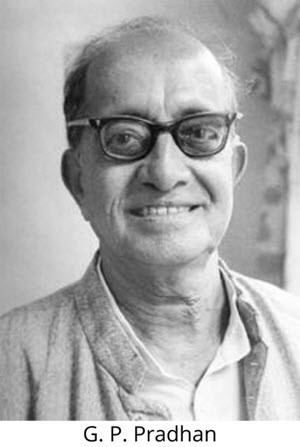 In January 1900, Bapat joined the Deccan College. He passed the B.A. examination in the second class with History and Economics in 1903. He was awarded Sir Mangaldas Nathubhai Scholarship and he proceeded to England for further studies. Bapat went to Edinburgh and joined a college of engineering. He came in contact with the great Indian revolutionary, Pandit Shyamji Krishna Varma.
In January 1900, Bapat joined the Deccan College. He passed the B.A. examination in the second class with History and Economics in 1903. He was awarded Sir Mangaldas Nathubhai Scholarship and he proceeded to England for further studies. Bapat went to Edinburgh and joined a college of engineering. He came in contact with the great Indian revolutionary, Pandit Shyamji Krishna Varma.
Bapat, who had taken the sacred vow to fight for freedom in 1902, was now thinking of practising the ideal he had cherished. On January 14, 1906, he read an essay 'British Rule in India', in Edinburgh. He was forthright in his criticism of the British rule and analysed the inefficiency of the constitutional methods. As a result his scholarship was discontinued.
Bapat then took to the revolutionary path, and went to Paris to learn the secret of making bombs. He then got translated a booklet which gave detailed and minute instructions for making bombs and fuses. Bapat then left for India under the pseudonym Joshi and reached India in April 1908. He then went to Calcutta and got in touch with revolutionaries.
In the Muzaffarpur bomb incident, Narendra Goswami, who hnd turned approver, mentioned the name of P. M. Bapat of Ahmednagar. Bapat who had just returned to meet his young wife and old parents, immedintely decided to go underground. For four and a half years, he changed his dress and name and changed the places of residence and evaded arrest, but he was arrested on January 9, 1913.
As there was not enough evidence to establish that Shri Bapat was a member of the conspiracy he was released on bail. He went to Parner and stayed with his wife and parents. But the restless soul could not sit idle.
He started going to a place called Maharwada regularly and began teaching there every evening. This shocked the orthodox community, but Bapat paid no heed to them. He was a social revolutionary who wanted to eradicate the caste system. He also started teaching cleanliness to the villagers, not through precept but by practice. He took the broom in his hand and regularly cleaned the gutters. He lived in Parner till April 1915.
Lokmanya Tilak, who was released from Mandalay prison in 1914, came to know about Shri Bapat and brought him to Pune. Bapat started working in the office of Chitramayajagat, a monthly edited by Shri Vasukaka Joshi, a close associnte of Lokmanya Tilak. Later on he started working in the Kesari.
In Pune also, Bapat continued his activity of cleaning the streets. Though he worked with Lokmanya Tilak, Bapat had his independent views and he expressed them in a forthright manner. He celebrated the success of the Russian Revolution by distributing Bhel to his colleagues in the Kesari. He called Bhel Lenin Mixture.
Many people ridiculed Bapat for his views and activities. They regarded his regular programme of safai, cleaning the streets, a crankish. Bapat had the courage of his conviction and did not hesitate even to oppose Lokmanaya Tilak for whom he had the highest respect.
Bapat, who had two children, suffered a domestic calamity when he lost his wife in 1920. He bore the shock with stoic courage.
Then came the famous struggle of the farmers in Mulshi when the Tatas started constructing the dam there. Bapat championed the cause of the farmers who lost their land and insisted on their rehabilitation.
Bapat's call evoked a great response and many young idealists including Shankarrao Deo joined the struggle. In the Mulshi satyagraha, Bapat was sentenced to seven years rigorous imprisonment and he suffered it from June 12, 1925 to May 24, 1931.
This long term of imprisonment could not dampen the revolutionary fervour of Senapati Bapat. After his release, he started again his mission of kindling the flame of patriotism in the hearts of the people. His fiery speeches resulted in his arrest only seven months after his release and he was again sentenced to seven years' rigorous imprisonment.
This was a saga of suffering. The whole Maharashtra was moved, but Shri Bapat bore everything patiently and remarked, 'India is a large prison and I am only transferred to a small prison inside this large prison'.
When Gandhiji started his historic fast in Yeravda prison against a separate electorate in September, 1932, Senapati Bapat started a fast unto death to support Gandhiji's demand. His condition fast deteriorated and at last he was persuaded to end it.
The Congress decided to accept office in 1937 and when Shri Balasaheb Kher became the Chief Minister of Bombay, Senapati Bapat was released on July 23, 1937 from the Hindalaga jail in Belgaum district after he had suffered six years of his sentence.
Shri Bapat was nearly sixty but his revolutionary fervour was as intense as ever. In the Second World War, he saw that England was in difficulties, and felt that England's difficulty would be India's opportunity.
He also saw in Shri Subhash Chandra Bose the rising star of revolution and joined the Forward Block. He was arrested on April 6, 1940, on the charge of sedition and sentenced to one year's rigorous imprisonment.
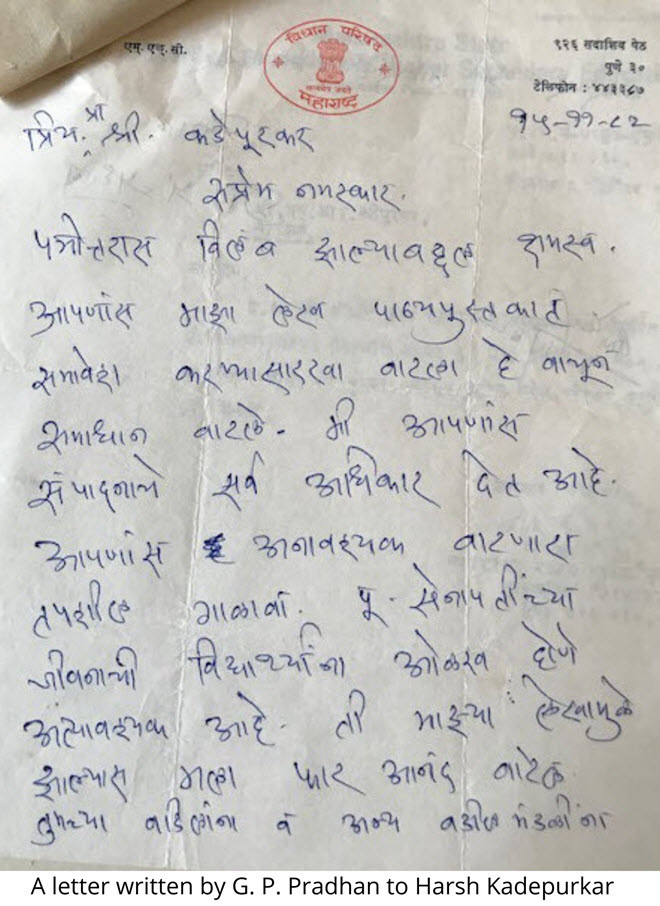 When the Quit India Movement started, Bapat had just been released. He was thrilled by Gandhiji's clarion call 'Do or Die' though he was always critical of Gandhiji, particularly of his doctrine of non-violence. However, he now looked upon Gandhiji as the symbol of India's aspiration for freedom, appealed to all parties and persons to sink their differences and join the Quit India Movement.
When the Quit India Movement started, Bapat had just been released. He was thrilled by Gandhiji's clarion call 'Do or Die' though he was always critical of Gandhiji, particularly of his doctrine of non-violence. However, he now looked upon Gandhiji as the symbol of India's aspiration for freedom, appealed to all parties and persons to sink their differences and join the Quit India Movement.
After India won freedom, Senapati Bapat dedicațed his energies to social reforms. He, along with Sane Guruji, toured the whole of Maharashtra and appealed to people to throw open the Vithoba temple at Pandharpur to all Hindus. To Senapati, untouchability was a crime against humanity and a stigma on Hinduism. His mission was successful.
Senapati Bapat was a fervent advocate of linguistic States. He took the lead in starting the movement for the demand of 'Samyukta Maharashtra'. He felt a great sense of fulfilment when his dream of Samyukta Maharashtra was realised.
Senapati Bapat was affectionately called Tatya by the members of his family and by all political workers. He was very simple in habits and in dress. He laughed heartily and played with his grandchildren.
He was a great believer in God and whenever anything unexpected or untoward happened, he just shrugged his shoulders and said that it Was all Shreehari's play. But inspite of this, Senapati was not a fatalist. He always acted according to his inner voice and always threw himself into some struggle or the other for liberty or equality.
On November 28, 1967, Senapati Bapat passed away at the ripe age of eighty-seven. The Indian Parliament paid tributes to this great revolutionary.
Senapati Bapat's life was a flame and the flame burnt all the more brightly when he was put in prison by the British. His sacrifice and service have kindled the flame of patriotism in many a heart.
He always advocated economic and social equality and said Swaraj was meaningless without equality. Dedicated and persistent effort to achieve this goal is the only worthy tribute to the valiant Senapati.
(Originally published in Lokrajya and then republished in Kumarbharati Textbook for Std. X.)
- G. P. Pradhan
(G.P. Pradhan (1922 - 2010) was a well-known freedom fighter, social and political worker, and prolific writer. He was an eminent Professor of English in the Fergusson College, Pune for 20 years. He was a MLC of Maharashtra for 18 years and editor of Weekly Sadhana for 12 years.)
ग. प्र. प्रधान यांच्या 10 व्या स्मृतिदिनानिमित्त प्रकाशित झालेला लेख: समाजशिक्षक

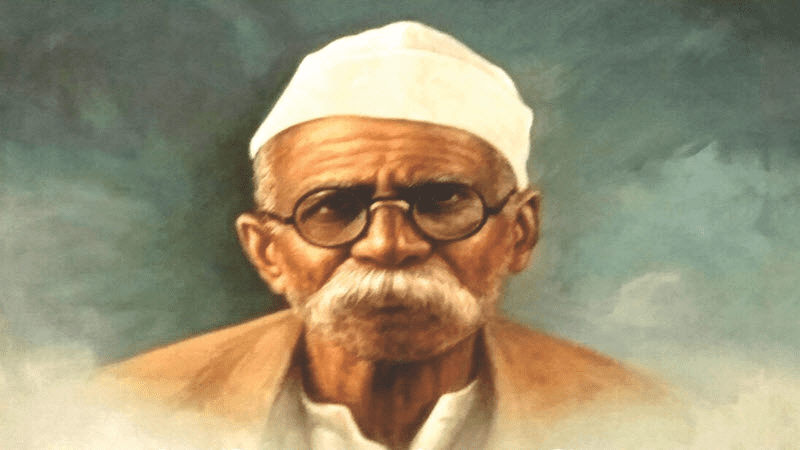
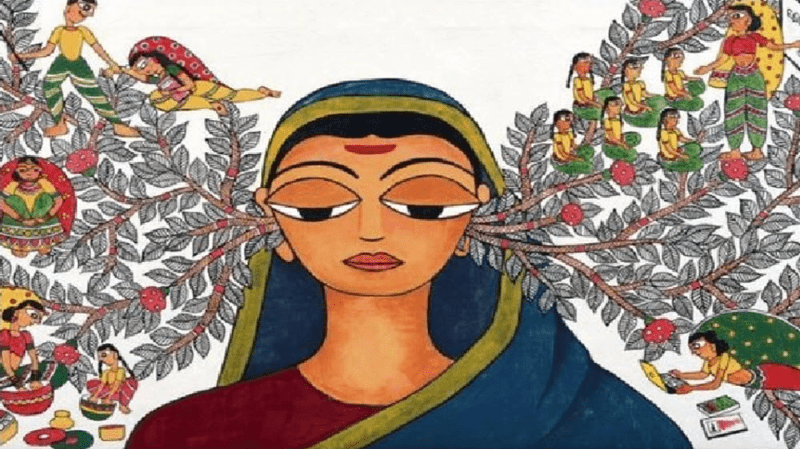

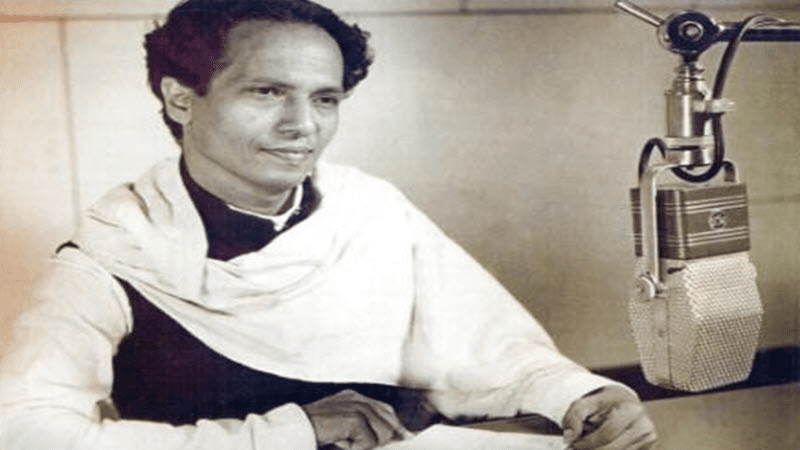
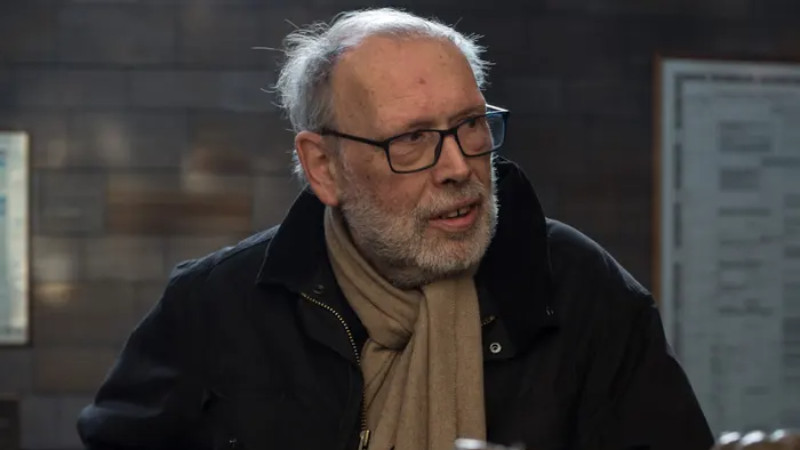
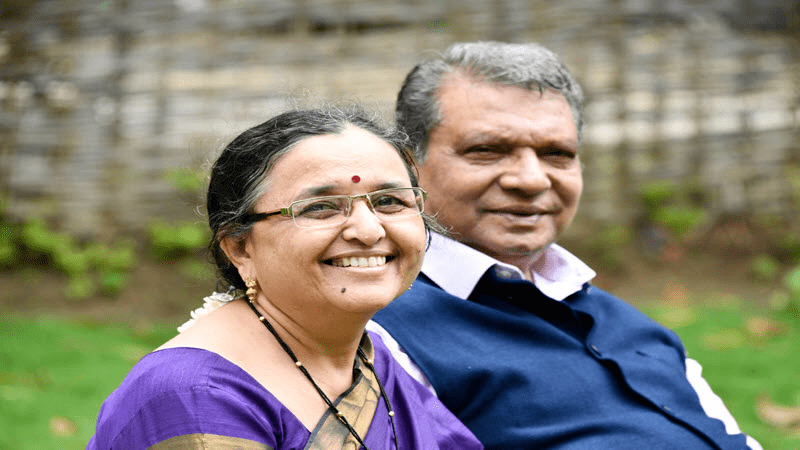
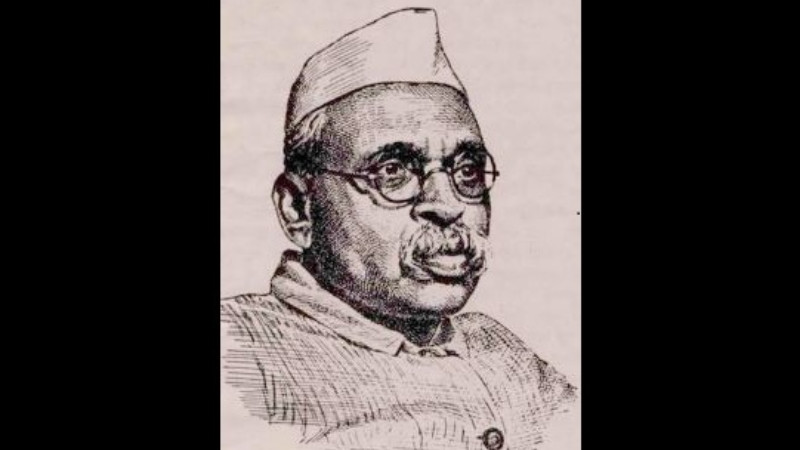

























Add Comment